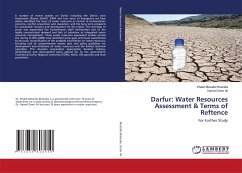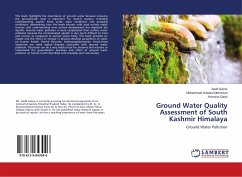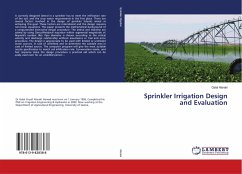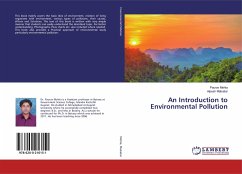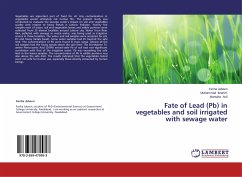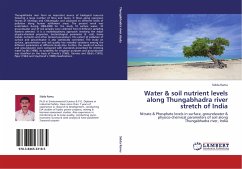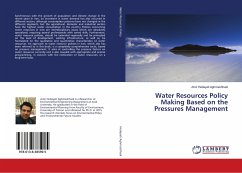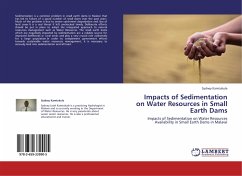A number of recent studies on Darfur including the Darfur Joint Assessment Mission (DJAM, 2004) and four years of emergency aid have clearly identified the issue of water resources as central to humanitarian concerns, conflict prevention and resolution, and the long term prospects for sustainable recovery and development for the region. The shortage of water also jeopardises the humanitarian relief intervention due to the highly concentrated demand and lack of attention to integrated water resources management. These water resources assessment studies carried out during D-JAM (2006) have identified some gaps and issues exacerbated by the poor quantification of the available information on water resources, including lack of comprehensive master plan and policy guidelines for development and utilization of water resources and the limited technical capacities. This situation jeopardizes appropriate decision making, rehabilitation and development plans aspired for by the government, Transitional Darfur Regional Authority (TDRA), NGOs, UN agencies and local population.A number of recent studies on Darfur including the Darfur Joint Assessment Mission (DJAM, 2004) and four years of emergency aid have clearly identified the issue of water resources as central to humanitarian concerns, conflict prevention and resolution, and the long term prospects for sustainable recovery and development for the region. The shortage of water also jeopardises the humanitarian relief intervention due to the highly concentrated demand and lack of attention to integrated water resources management. These water resources assessment studies carried out during D-JAM (2006) have identified some gaps and issues exacerbated by the poor quantification of the available information on water resources, including lack of comprehensive master plan and policy guidelines for development and utilization of water resources and the limited technical capacities. This situation jeopardizes appropriate decision making, rehabilitation and development plans aspired for by the government, Transitional Darfur Regional Authority (TDRA), NGOs, UN agencies and local population.
Bitte wählen Sie Ihr Anliegen aus.
Rechnungen
Retourenschein anfordern
Bestellstatus
Storno

